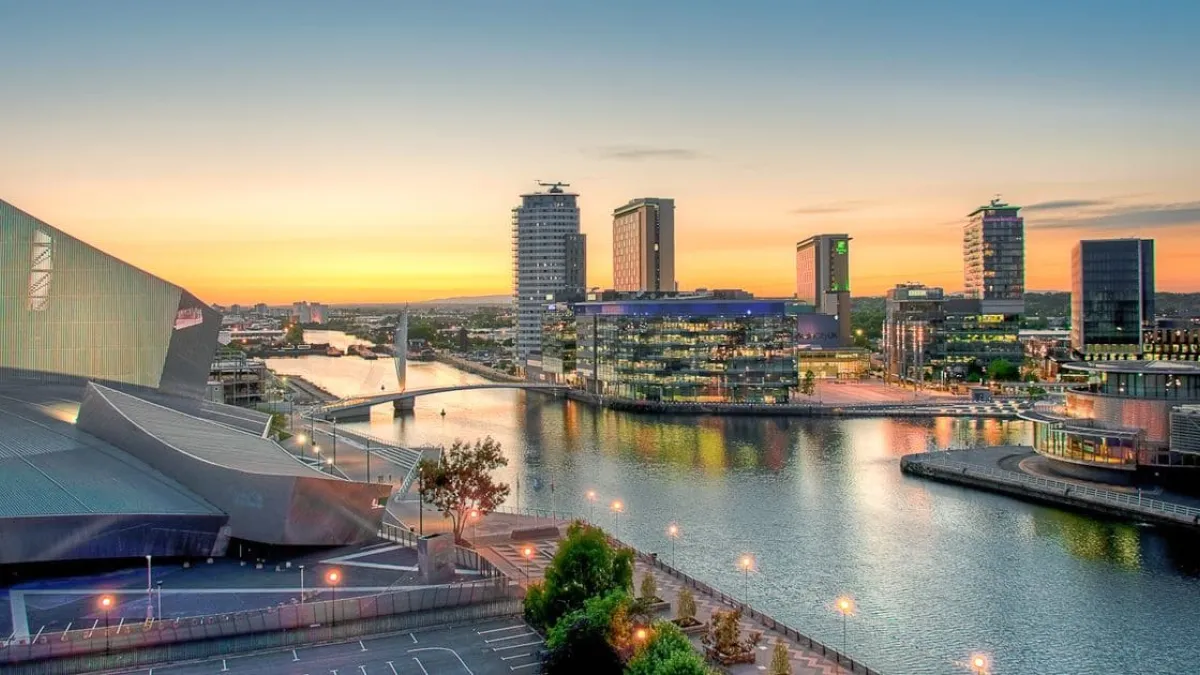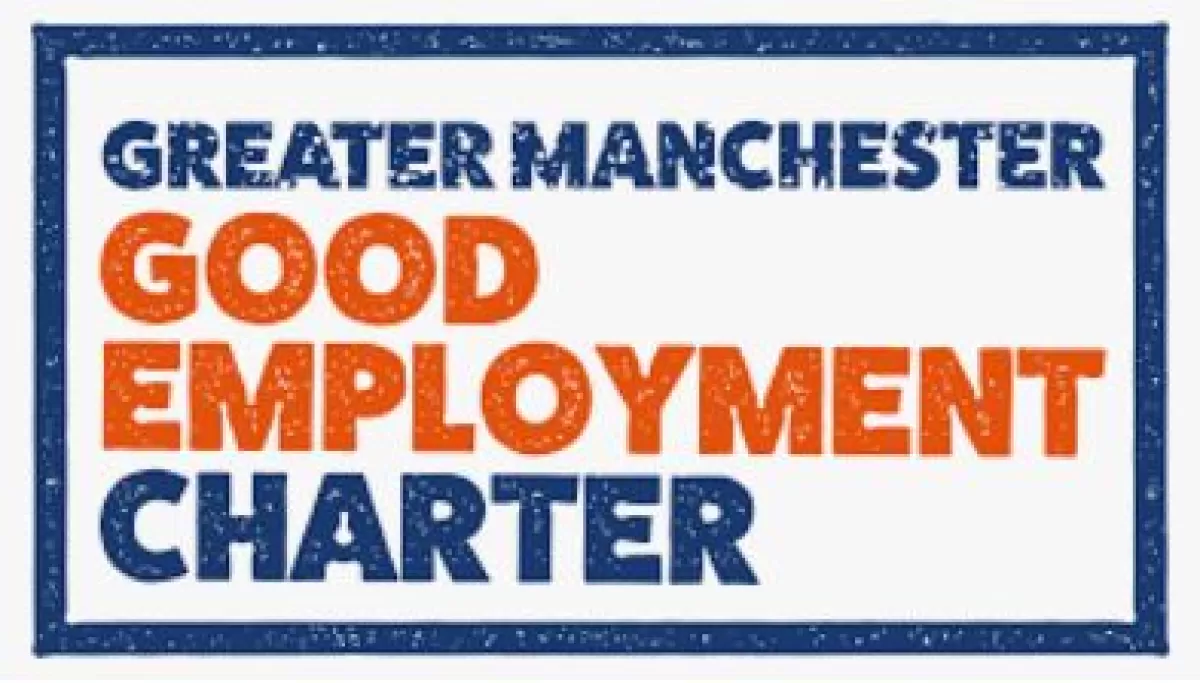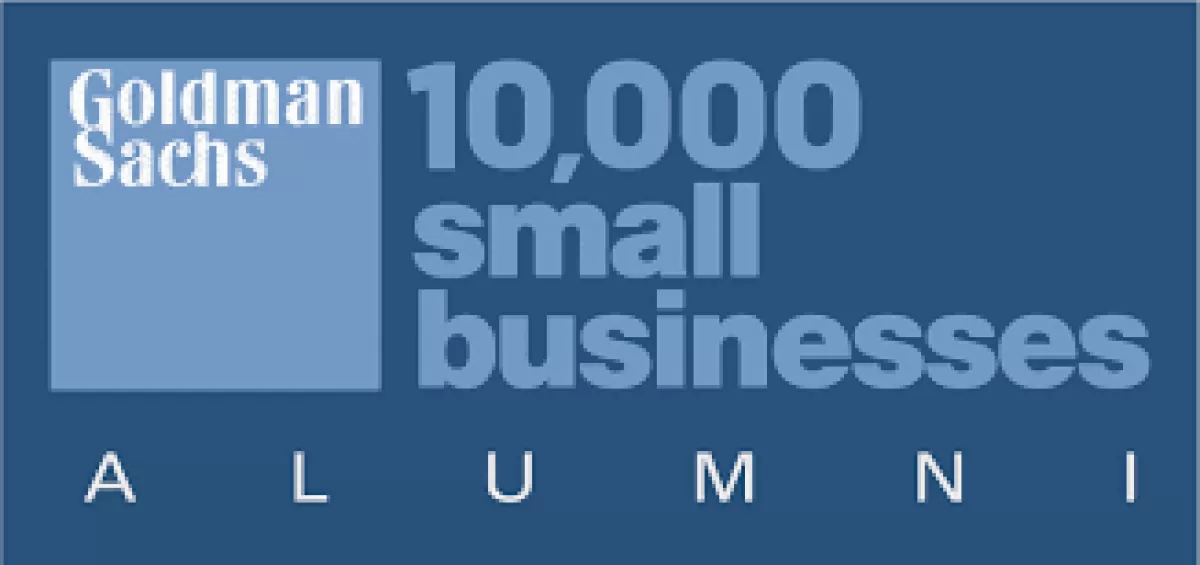Manchester set to have fastest growing northern city economy

Manchester is set to outperform all other Northern cities in 2016 with predicted GVA (gross value added) growth of 3% in 2016, according to the UK Region and City economic forecast released today by EY.
Only Reading and the Thames Valley are expected to report higher growth this year, with 2.5% and 2.1% GVA growth respectively.
The North West region as a whole, however, is expected to achieve just 1.2% GVA growth in 2016, compared to the national average of 2%.
Employment in the North West is also predicted to grow by just 0.5% this year, compared to the UK average of 1.1%.
Looking forward, the report forecasts that North West employment will fall over the 2016-19 period, reflecting the region’s continuing reliance on the manufacturing and public sectors, with the former projected to lose a significant number of jobs.
Bob Ward, the incoming North West senior partner at EY, commented: “There is some positive news in this report on the role Manchester will play in future growth for the region. However, it is also clear that more needs to be done to achieve economic rebalancing to address the gap between the North and South, especially in a slower growing economy.
“Devolution is a clear step in the right direction but enabling the regions alone will not be enough. National policy must be designed to complement regional policy through targeted initiatives to support trade, deliver infrastructure, invest in skills and support growth in key sectors.”
Manchester is bucking the regional trend, however, and is experiencing strong employment growth in 2016. The report estimates a rise of 8500 jobs this year, equating to growth of 2.2%, significantly outpacing both the North West (1.2%) and UK (2.0%).
Employment in Manchester is expected to grow by 0.7% over the next three years. A number of sectors in Manchester, however, are expected to experience employment growth of 1.8%, including administration & support, real estate, arts and professional services sectors.
This will soften the impact of losses elsewhere, in particular from manufacturing and public administration.
Looking ahead to the 2016-19 period, although GVA growth in Manchester is expected to slow to 2.0%, this will still exceed North West predictions of 1.2% GVA growth over the same period.
Mark Gregory, Chief Economist at EY commented: “The success of Manchester is good news but it does highlight another challenge, the power of cities.
“Cities are becoming increasingly important as sources of economic activity. This is an opportunity for geographic rebalancing to an extent but also a potential issue as it risks a concentration of activity in a small number of stronger cities.
“Policy for rebalancing must identify how to ensure that smaller cities and the more remote parts of regions can benefit from the success of the faster-growing cities. Connectivity, both physical and online, will be critical here.”
Continue Reading
Partnerships & Accreditations




























